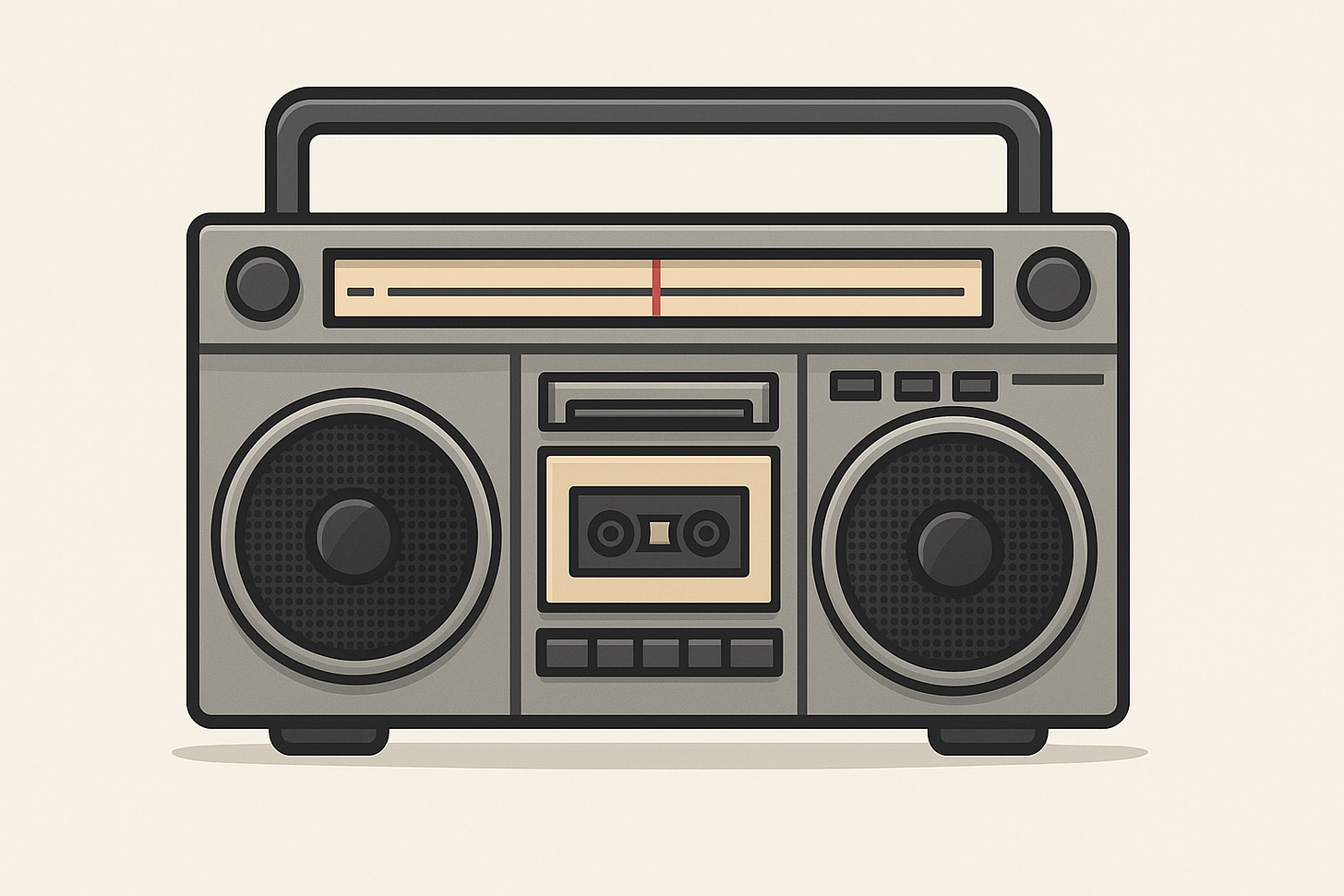Does the Spirit of Radio Have a Future?
Will the next generation even understand that classic Rush song? 📻
Commenting on Taylor Swift’s announcement of her new album — made not in a PR release or TV interview, but on a podcast — Brian Stelter of Reliable Sources wrote:
“Plus, as the YouTube livestream of the New Heights episode showed, video podcasts are TV now, anyway. Swift wasn't bypassing TV; she was making TV.”
That line stuck with me: “Video podcasts are…



